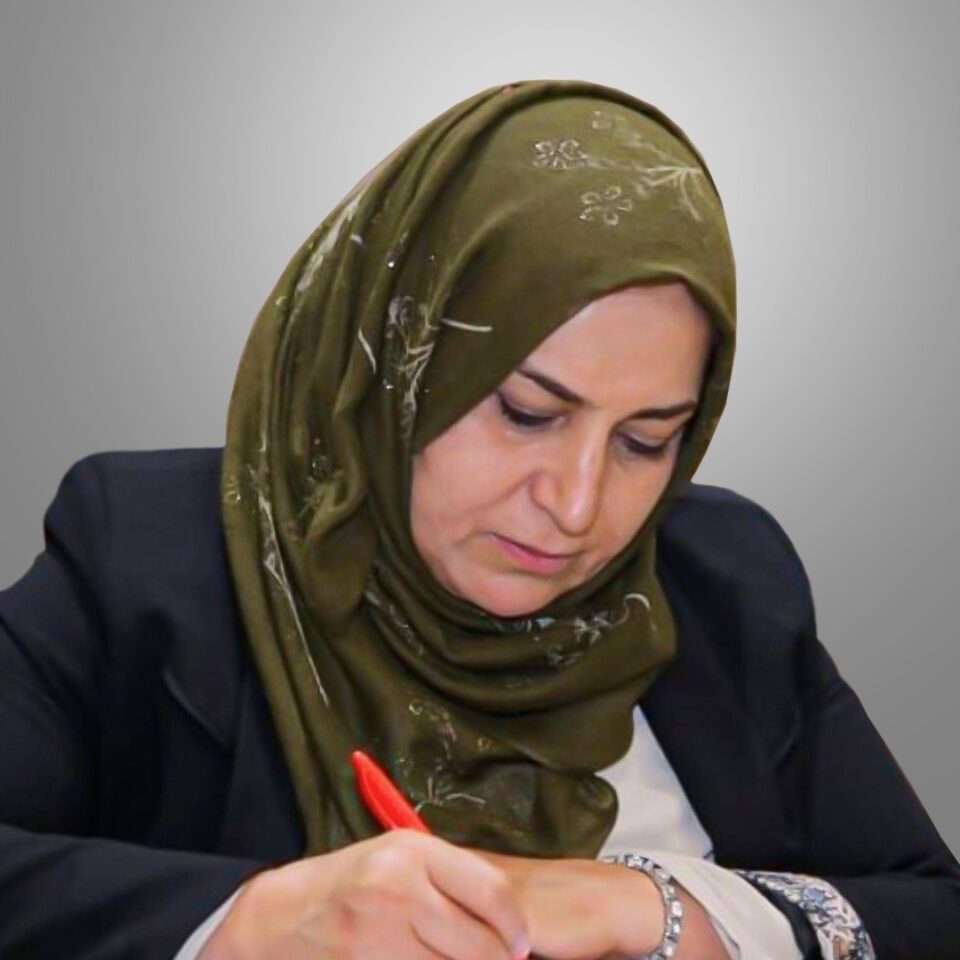By | Dr. Nazaket Hussen
The Kurdistan Region has long stood as a cradle of coexistence, where diverse religions, nationalities, ethnicities, and languages have not only lived side by side but have actively shaped the region’s rich cultural identity and civilization. These communities have shared in both triumph and tragedy, responding together to the region’s many conflicts and crises. Throughout it all, they have remained united—not as refugees or outsiders, but as citizens and rightful contributors to their homeland.
This deep-rooted spirit of coexistence is embedded in the history of the region. There has never been a religious or ethnic war here in which one group sought to erase or dominate another. Instead, mutual respect and harmony have been the hallmarks of life in Kurdistan, forming a model of tolerance rarely seen in such a diverse land.
Even during the dark eras of Saddam Hussein’s regime and the Ba’ath Party’s attempts to sow division—both in Iraq and in Kurdistan—this unity endured. Later, radical Islamic groups, including ISIS, tried to destroy this fabric of togetherness through acts of terror and genocide. Yet, these efforts failed to dismantle the deep cultural and moral commitment the people of Kurdistan have to pluralism and peaceful coexistence.
Central to preserving this unity are the ideals of the late Mullah Mustafa Barzani and the principles of the Barzani school of thought, which firmly championed the rights of all nations and peoples. Today, that legacy continues under the leadership of President Masoud Barzani, who remains a steadfast supporter of coexistence and a vocal opponent of sectarian division.
The Kurdistan Region’s diversity is not a burden—it is its greatest strength. The people have celebrated together in times of joy and stood together in times of sorrow, sacrificing and protecting the region side by side. This unity deserves international recognition.
From April 22 to 25, 2025, the world witnessed this remarkable harmony during the National Day of Prayer. Representatives of Kurdistan’s many communities, joined by international guests, gathered in Erbil to pray together for peace, stability, and the continued prosperity of their shared homeland. It was a powerful symbol of what coexistence looks like in action.
This unity is not without its critics. There are those who attempt to tarnish this achievement, framing it through lenses of doubt or political agendas. But the truth remains: Kurdistan stands as a beacon of pluralism in a region too often fractured by division.
On this National Day of Prayer, we honor not only our faiths but also our collective commitment to protect this spirit of unity. May the flag of coexistence continue to fly high, sheltering all communities who call Kurdistan home.

